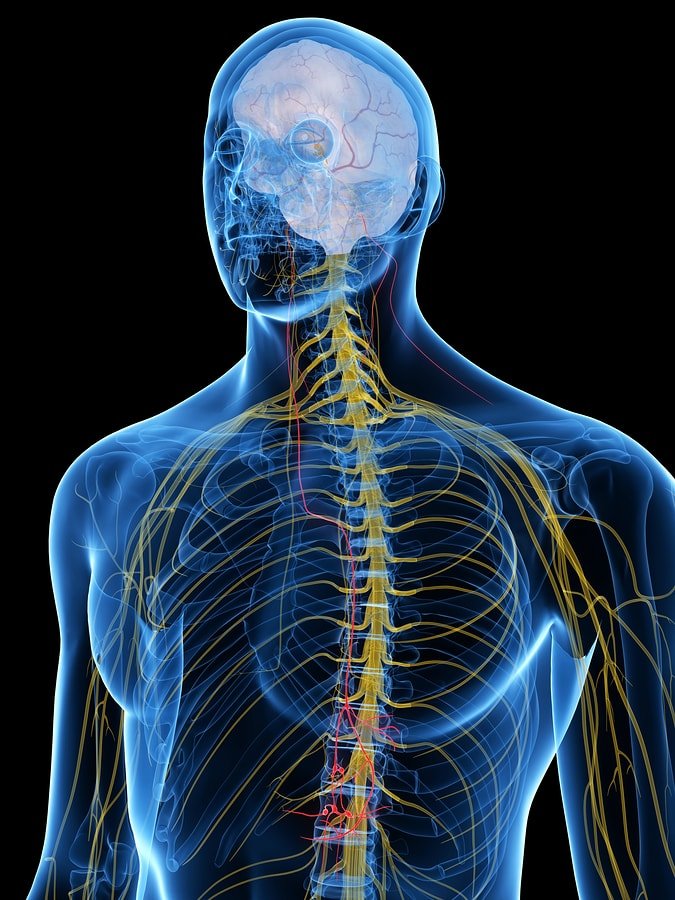Doludolu
Member
- Joined
- Dec 6, 2016
- Messages
- 149
Hello,
What is your take on using HRV as a physical - mental health and autonomic nervous system balance assessment tool?
What do you think about multiple high quality studies associating high HRV with reduced morbidity, better physical & mental health, and etc.. ? Interestingly, higher Omega-3 consumption is also associated and proven to exert higher HRV.
Cheers!
What is your take on using HRV as a physical - mental health and autonomic nervous system balance assessment tool?
What do you think about multiple high quality studies associating high HRV with reduced morbidity, better physical & mental health, and etc.. ? Interestingly, higher Omega-3 consumption is also associated and proven to exert higher HRV.
Cheers!

